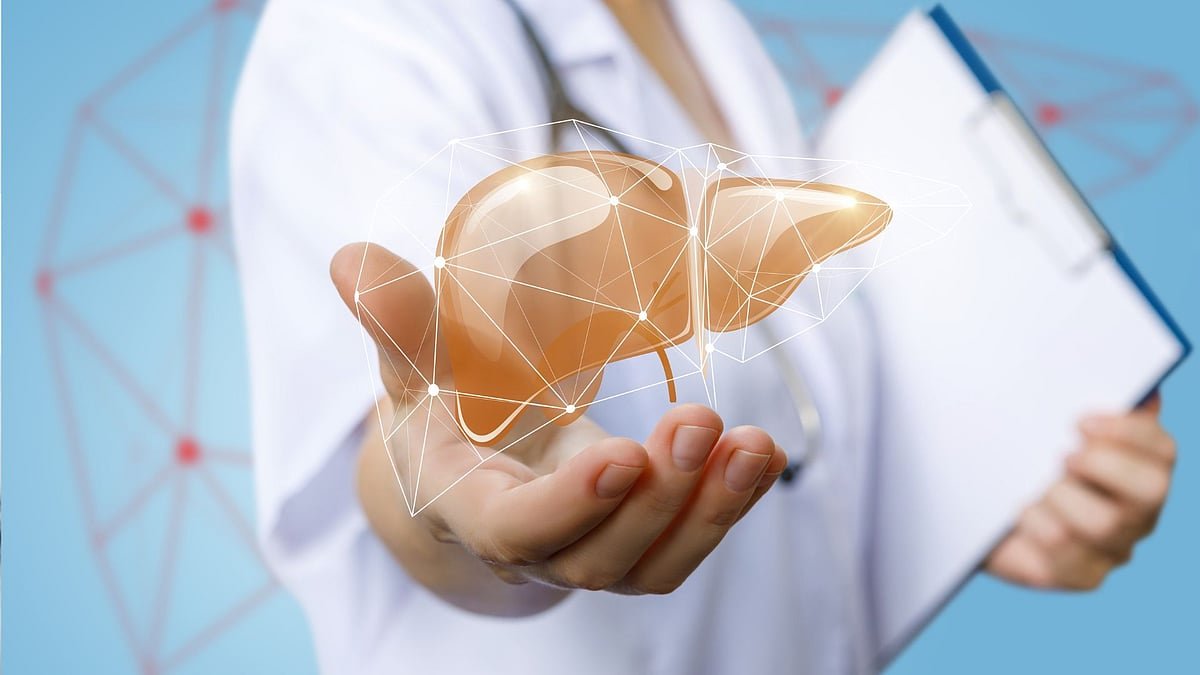Non-alcoholic fatty liver disease (NAFLD) now affects nearly one in three adults globally, making it one of the most widespread liver conditions. As we observe World Liver Day 2025, the theme “Food is Medicine” reminds us of the powerful impact our daily diet has on liver health. What we eat can either support liver function or silently contribute to liver damage over time.
Dr. Kapil Goyal, Consultant, Medical Oncology, Rajiv Gandhi Cancer Institute & Research Centre (RGCIRC), explained how NAFLD occurs when excess fat builds up in the liver in people who consume little to no alcohol. “One of the key causes is poor dietary habits, especially diets high in sugar, refined carbohydrates, and unhealthy fats. These contribute to calorie overload, insulin resistance, and fat accumulation in liver cells,” the doctor explained.
A common culprit is fructose, a type of sugar often found in sweetened drinks, processed snacks, and desserts. Fructose encourages fat storage in the liver, which can eventually lead to NAFLD-even in individuals who do not drink alcohol.
Spotting the silent signs of liver trouble
NAFLD often develops quietly, with little to no obvious symptoms. Some people may experience:
1. Unexplained tiredness
2. Mild discomfort or pain in the upper right abdomen
3. Gradual, unexplained weight gain
In many cases, the disease is only discovered during routine blood tests that show elevated liver enzymes or through ultrasound imaging. That’s why regular health check-ups are essential to catch NAFLD early and avoid long-term liver complications.
How diet supports liver healing and function?
Dr. Goyal explained how a healthy, balanced diet can help reduce fat in the liver and even reverse early stages of NAFLD. Choosing nutrient-rich foods supports liver function and lowers inflammation. Here are some liver-friendly food choices:
Leafy green vegetables (spinach, kale, arugula)
Berries (blueberries, raspberries, strawberries)
Whole grains (quinoa, oats, brown rice)
Nuts and seeds (especially walnuts and flaxseeds)
Olive oil as a healthy fat alternative
Fatty fish like salmon, mackerel, and sardines
These foods are rich in antioxidants, omega-3 fatty acids, and fiber, which all contribute to reducing liver fat and improving insulin sensitivity.
Why cooking methods matter for liver health?
It’s not just what you eat, but how you cook, that matters. Deep frying, for example, significantly increases calorie and fat intake. It also creates harmful compounds such as trans fats and free radicals when oils are reused, which can lead to inflammation and oxidative stress in liver cells.
On World Liver Day, let’s remember that your liver reflects your lifestyle. While NAFLD can be serious, it is often preventable and reversible through mindful eating and healthy living.




